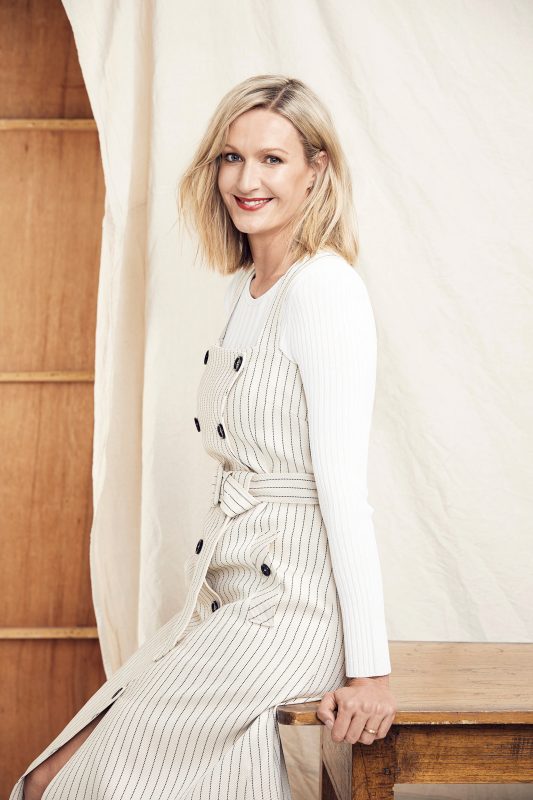Cambridge Analytica, #MeToo, Trump and terror: Editors reflect on the decade in news
As 2019 draws to a close, Mumbrella’s Hannah Blackiston reflects on some of the biggest stories from the last ten years with the leaders of the publications that reported on them.
Nicole Byers, editor in chief, The Australian Women’s Weekly

What’s been the one story that’s stayed with you from the decade?
Of course the horrific terror attacks that took place around the world are impossible to forget, but in terms of showcasing the best of the human spirit, the story that really stuck with me was the Thai cave rescue. The agonising wait, the miracle of the retrievals and, finally, the joy of the children and rescuers getting their happy ending. It’s a survival story for the ages.
What was the story people wouldn’t stop talking about in 2019?
He exploded into the headlines in July with his arrest on sex-trafficking charges, and as the year closes the Jeffery Epstein story is very much still an ongoing saga. His apparent suicide a in New York jail cell spawned a “Jeffery Epstein didn’t kill himself” conspiracy theory that resulted in memes, merchandise and, bizarrely, even a member of Aussie hip-hop band Hilltop Hoods shouting out the catch cry on stage at the Arias.

